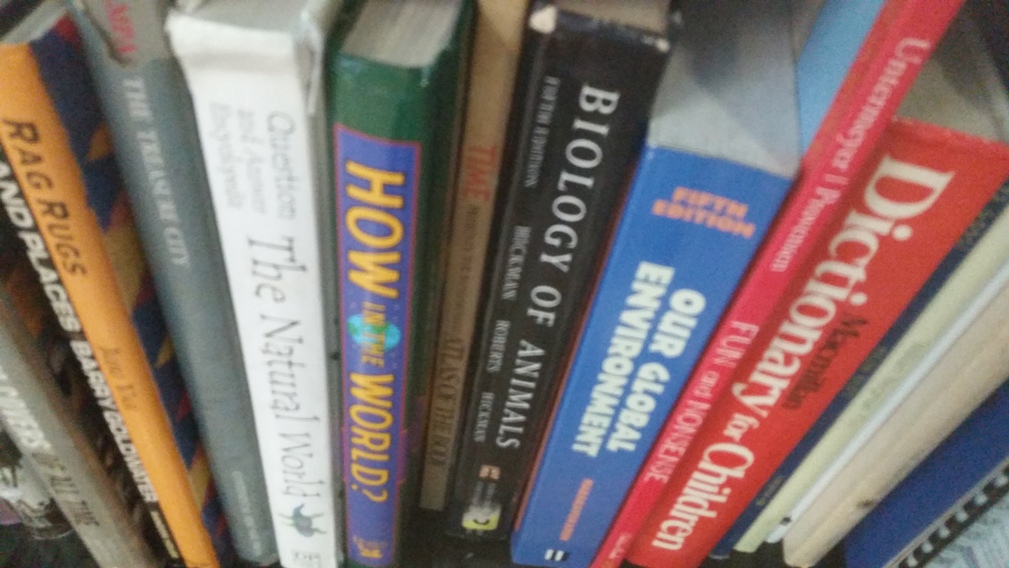
By Ryan Dailey ©2023 The News Service of Florida
TALLAHASSEE — State education officials on Wednesday approved two rules that could help set the stage for special magistrates to hear disputes about issues such as parents’ objections to school library books.
The rules stem from a controversial new law (HB 1069), which, in part, expanded a prohibition on instruction about sexual orientation and gender identity in schools. The rules, approved by the State Board of Education, also came amid debates across Florida about attempts to remove or restrict access to books in schools.
Paul Burns, chancellor of the state Department of Education’s Division of K-12 Schools, said the purpose of the rules — one new and one an update of an existing rule — is “to further ensure the health, safety and welfare of Florida’s students.”
Gov. Ron DeSantis and the Republican-controlled Legislature, which approved the law this spring, have intensified scrutiny of books and other materials in schools in recent years. The new rule includes laying out a process for parents to request a special magistrate “to determine whether a school district properly considered a parental objection” to materials in classroom or school libraries.
Special magistrates could be administrative law judges or people appointed by the state education commissioner who have at least five years of administrative law experience.
Burns said the special magistrate process would be used “if a dispute could not be resolved locally.”
State Board of Education Chairman Ben Gibson said disputes over library and classroom materials should be solved at the local level.
“I think the point here with this rule is that we want these decisions to be made locally. We want these decisions to be made in consultation with the parents, the teachers, the superintendent and the school board,” Gibson said.
Critics of the rule described it as one-sided, favoring people who have requested that materials be removed from classrooms or libraries.
Amy Perwien, who spoke in opposition to the rule at Wednesday’s state board meeting in Collier County, said she is a parent of public school students and that her “parental rights are being trampled by lone book objectors who may not even have children in our public schools.”
“This law refers to a parent disagreeing with a school board’s decision. However, the Department of Education has written a rule that only allows the book objector to file an appeal. The proposed rule skews the appeal process to those who have viewpoints based in … limiting speech,” Perwien said.
Esther Byrd, a member of the state board, disputed assertions that the rule is designed to be “one-sided.”
“From my perspective, the decision that is made … could be on either side of the issue,” Byrd said.
To get a special magistrate involved, parents would have to fill out request forms and demonstrate that objections were first filed with their local school boards. Parents also would have to prove that “the school board has either ruled on the objection or has failed to timely process the objection” and describe how the district didn’t properly establish or follow policies to resolve the objection.
Special magistrates would issue recommendations about “whether a parent has demonstrated that the school district has failed to create an adequate policy” or a district “has materially failed to follow that policy.” The recommendations would go to the state education board.
Meanwhile, the board on Wednesday approved a rule change that deals with a form parents can use to request special magistrates in “unresolved student welfare complaints.” The form was changed to reflect the 2023 law’s broadening of the prohibition on instruction about sexual orientation and gender identity.
The law expanded the prohibition to include grades pre-kindergarten through eighth grade. The law previously barred such instruction in kindergarten through third grade.
State backs Escambia County School Board in book fight
The state has filed a brief backing the Escambia County School Board in a lawsuit about the removal or restriction of books in school libraries, saying plaintiffs “have no constitutional right to inculcate Florida’s schoolchildren with their preferred ideas through Florida’s school libraries.”
The friend-of-the-court brief, filed Tuesday in federal court in Pensacola, urged dismissal of the lawsuit filed by five authors, the publishing company Penguin Random House, parents of schoolchildren and the free-speech group PEN America.
The lawsuit alleges the Escambia school board has violated First Amendment and equal-protection rights through the removal or restriction of library books and has disproportionately targeted books about racial minorities and LGBTQ people.
In the brief Tuesday, however, lawyers in Attorney General Ashley Moody’s office disputed the constitutional arguments, saying “school libraries are a forum for government, not private,” speech.
“The restrictions, plaintiffs say, violate the First Amendment because the government may not restrict access to materials ‘based on viewpoint’ or ‘deny students access to ideas with which’ the ‘school board disagrees,’” the brief said. “But public-school systems make value-based judgments like that every day. They exclude materials like Nazi propaganda because they disagree that Nazis were wonderful, regardless of any educational value the materials may have.”
The Escambia school board filed a motion to dismiss the case Monday.
The lawsuit details a series of examples of the school board removing or restricting library books after receiving complaints — with the board, at least in some cases, going against the recommendations of review committees.
The lawsuit said the “First Amendment bars a school district from removing books from school libraries, or restricting access to such books, based on political or ideological disagreement with the ideas they express.
Plaintiffs bring this lawsuit because that is exactly what is happening in Escambia County.
Books are being ordered removed from libraries, or subject to restricted access within those libraries, based on ideologically-driven efforts to push certain ideas out of schools.”















